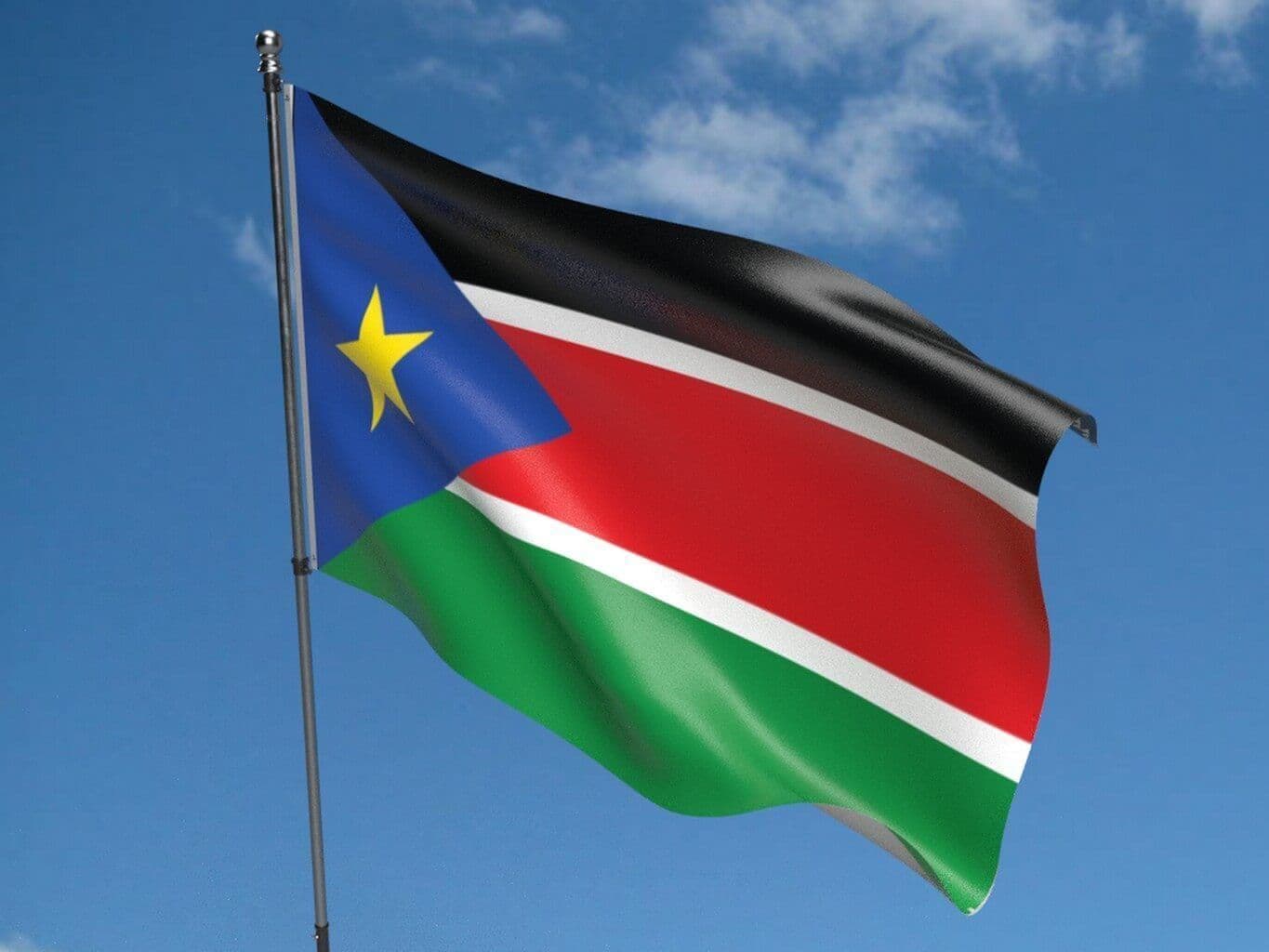From Adia Jildo, in Juba
The United Nations Human Rights Council has urged the President of South Sudan, Salva Kiir Mayardit, to revoke the proposed National security law amendments and pass it on to legislators for revision.
In a press release issued on the 10th July 2024, the council said the passage of the bill will undermine the country’s readiness to pursue political and civil transformation. .
“The Bill should be returned to legislators to work on amendments that align with the government’s commitment to scrap this institution’s arrest powers, which are systematically abused and unlawful,” Yasmin Sooka, Chairperson of the United Nation Human Right Commission said.
Section 54 of the 2014 National Security Service Act empowers officers to arrest and detain, without a warrant, any person suspected of committing an offence against the State while Section 55 of the Act empowers officers to arrest after obtaining a warrant.
The commission stated that the bill has left Victims under torture, with many having died in detention recording violations such as extraordinary renditions of South Sudanese civil society members and political opponents from neighbouring countries.
The Commissioner for the Council, Barney Afako emphasized on the need for freedom of expression and speech as the country prepares for its first democratic election scheduled for 22nd December.
“As South Sudan prepares for its first elections since independence, the citizenry must be able to exercise their civil and political rights without fear of retribution,” he stated .
The Council of Ministers had resolved to abolish National Security Service bill section 53 and 54 which grants the service powers to arrest without warrant early last year.
The parliament passed the bill which gives security agents powers to arrest a person without a warrant on the 4th July amidst headed debate and now await president’s approval for it to be passed into law.
The bill which was meant for collecting intelligence, conducting analysis, and passing the information to relevant institutions and authorities to help in the decision-making process has been misused by politician, persons in organised forces to prosecute the competitor, civil society groups, journalists and others.








